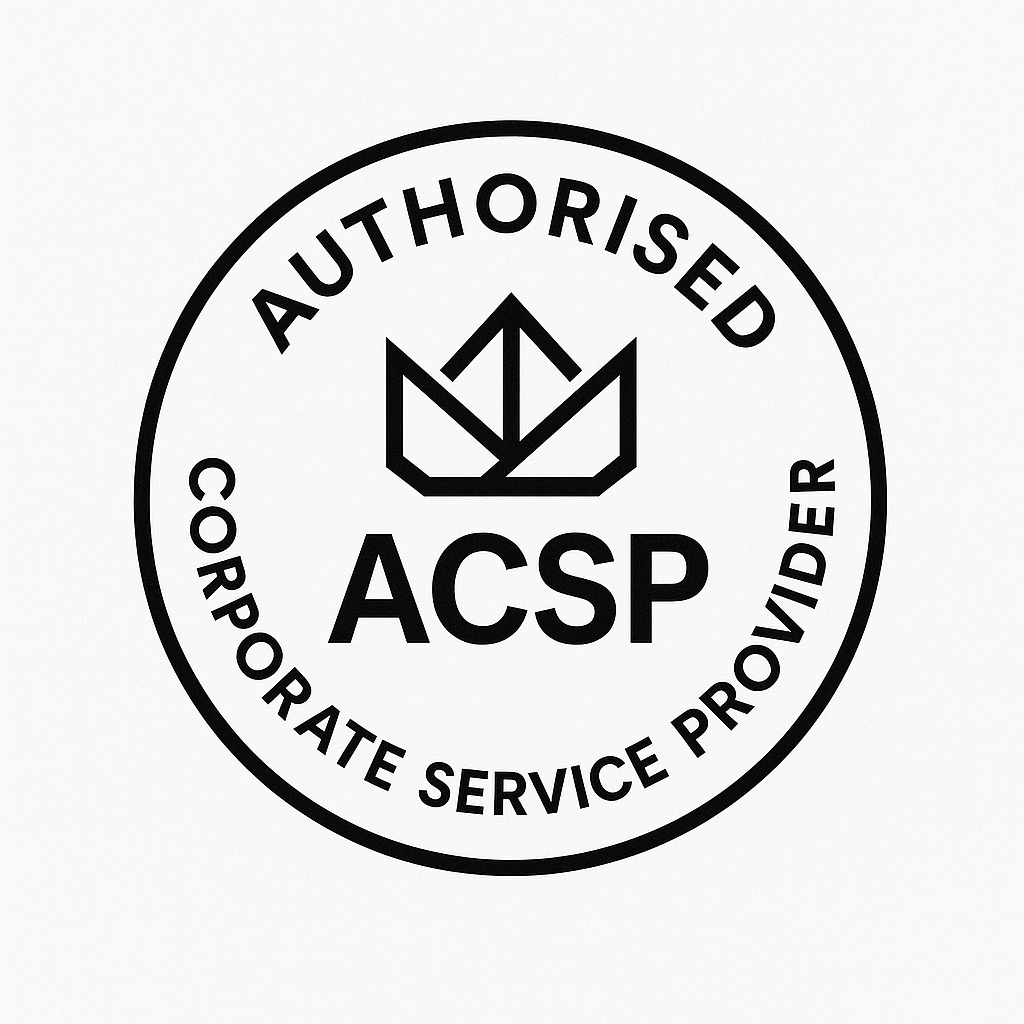
If you prefer to have the company reimburse you for business travel where you use your own car, you can reimburse the actual receipts for fuel, or use HMRC’s approval mileage rates. We have attempted to detail the implications of this below:
HMRC’s rates are currently 45p per mile up to 10,000 miles per annum and 25p per mile over 10,000 miles. These amounts can be paid directly from the limited to you or your employees free of tax and national insurance. The company can also deduct this payment from its accounts as an expense.
You do not need to keep receipts, but it is crucial to keep accurate mileage logs of all your business journeys, that include:
If your receipt needs to be reimbursed in line with the actual fuel receipt amounts, the business can pay this to you or your employees free of tax and national insurance.
When you provide fuel for yourself or employees, it is crucial to differentiate the business from the private provision and hold records to prove this.
This is because there is a benefit in kind created when there is private usage of the fuel being reimbursed.
Fuel is provided wholly for business use | Fuel provided for business use and private use |
| There is no Benefit in Kind and so no additional payable tax. | An employee deemed to be receiving a taxable Benefit in Kind. The benefit is calculated by multiplying the appropriate percentage by £21,700. £21,700 is a fixed amount, regardless of how much fuel has been provided to the employee for private mileage. |
|
All the VAT on fuel is claimable. |
Even though the company will reclaim all the VAT on the fuel, they must pay the appropriate fuel scale charge to HMRC to make up for the estimated personal use element. |
You must keep records to show the provided fuel was not used for private purposes. You can demonstrate this to HMRC through accurate mileage records or payments made by the employee back to the company for any private fuel.
Mileage rates tend to be the most tax-efficient mechanism for your limited company to reimburse you as the amount per mileage tends to be higher than reality as it is meant to incorporate an assumed portion of wear and tear on your car. However, any VAT on the receipts would be lost via the mileage claim, so it is important to consider this.
Note – if you have purchased the car via the company the situation is different for mileage allowance and the reimbursement of fuel so please do not rely on this article for this scenario




